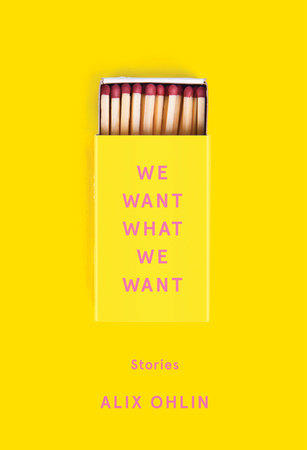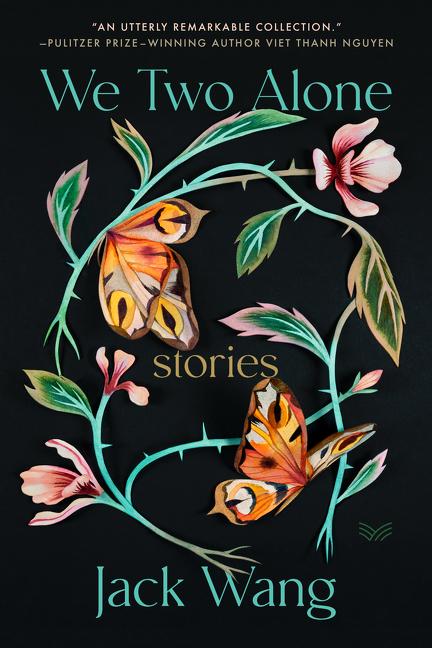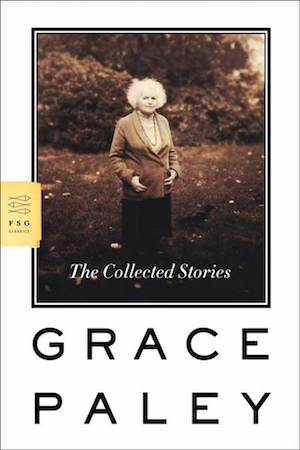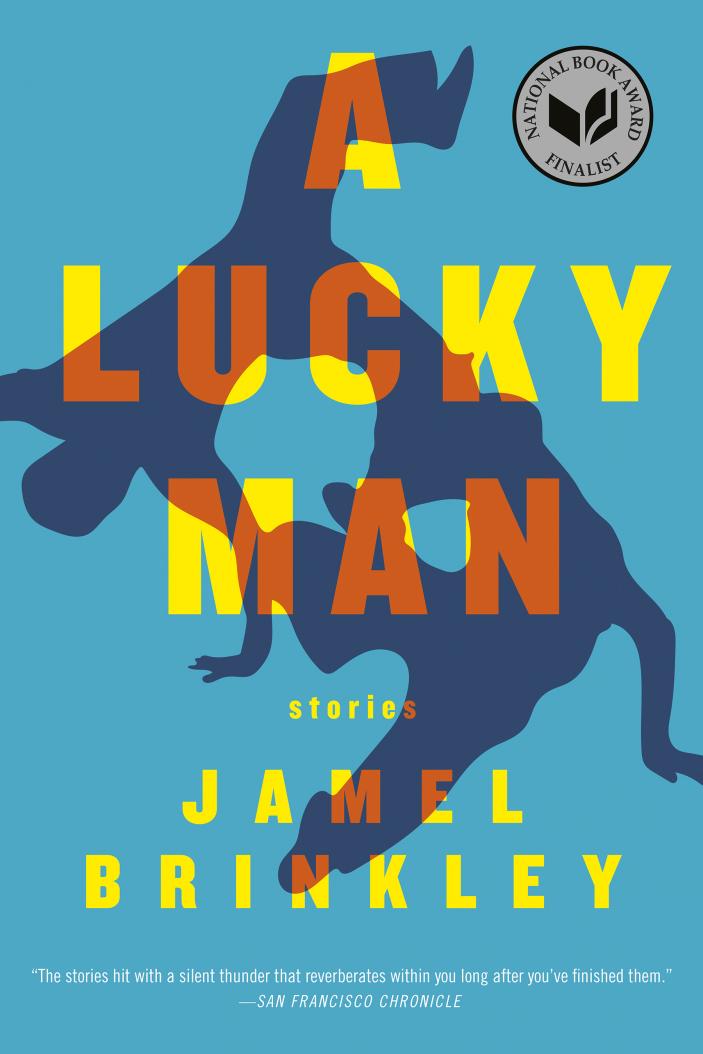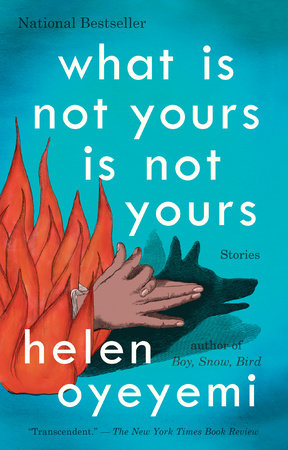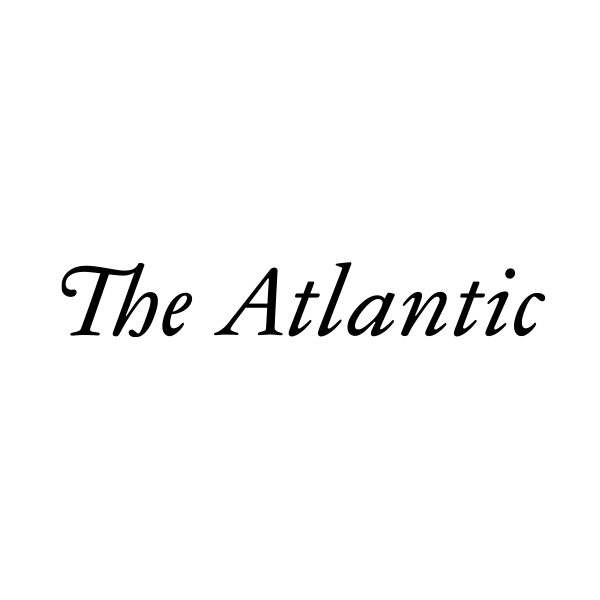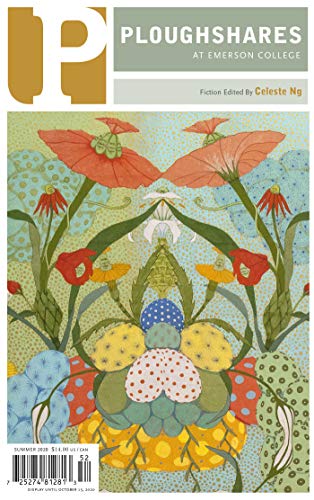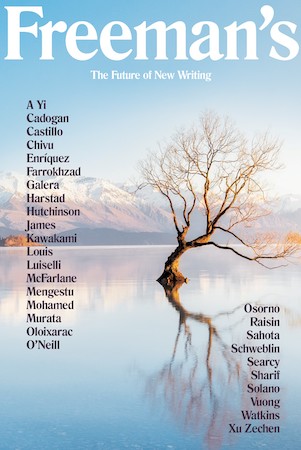If you enjoy reading Electric Literature, join our mailing list! We’ll send you the best of EL each week, and you’ll be the first to know about upcoming submissions periods and virtual events.
Short stories, to me, are sparked by desire. I don’t mean they’re all love stories, though they certainly can be. I mean they are collisions or conflagrations, small or spectacular traffic accidents in which the desires of one person bump up against the impossible—whether in the form of some unattainable dream or the competing desires of another person. In the pursuit of these desires characters can find meaning, even if it doesn’t turn out as they hoped it would. After all, desire can be wayward, even foolish or dangerous, and clarifying at the same time. Your fantasy of the life you want tells you a lot about what’s missing in the life you already have.
Many of the stories in my new collection, We Want What We Want, are about people who want to remake their lives and who discover, in the attempt, some astringent and inescapable truth about who they are.
In “Point of No Return,” a woman tries to find peace through increasingly outlandish New Age therapies. What she’s really looking for is an existence that can be purely and fully controlled, which is of course unreachable. In “The Brooks Brothers Guru,” a woman sets off to rescue her cousin from a strangely sophisticated cult he has joined, but finds herself questioning her isolation and craving the community he has found there. “Money, Geography, Youth” is a nest of conflicting desires as a young woman comes home from a year abroad to discover that her father is engaged to her best friend. Is this rushed engagement just an inappropriate and mismatched set of needs? Or is it something potentially less ridiculous, and more complicated? I’m always reaching for that space where a seemingly absurd desire deepens into something more ambiguous, and harder to deny.
Here are 8 short stories I love, that have opened up the way I think about desire and its impossibilities—about why and how people want what they can’t have, and what they do about it.
“The Valkyries” in We Two Alone by Jack Wang
In Vancouver, in 1921, a young man named Nelson lives in the back of a laundry in Chinatown. He wants to play hockey, but racism keeps him from the game—until, that is, he has the idea to disguise himself and join a new female team, the Valkyries. His friendship with a teammate complicates his desire, and Nelson’s ambitions—to play, to love, to belong—ultimately prove impossible. Still, “at fleeting moments, caught up in the joy of it all, he felt neither boy nor girl but simply a child again, playing shinny with Sammy in Stanley Park.”
“Wants” in The Collected Stories by Grace Paley
Paley—there is no greater genius of compression and wit—wrings beauty and pathos out of this brief story in which a woman runs into her ex-husband while returning a decades-long overdue book to the library. The narrator’s reflection compacts every unattainable desire of a full and storied life:
“I want, for instance, to be a different person. I want to be the woman who brings these two books back in two weeks…I want to have been married forever to one person, my ex-husband or my present one.”
“No More Than a Bubble” in A Lucky Man by Jamel Brinkley
This sinuous and elegantly surprising story starts with two friends pursuing a couple of attractive women at a party. At first, it seems like a story about a hookup, but what the narrator’s really looking for is more elusive than that—it has to do with his father and his own identity, and he’ll be looking for it his entire life.
“Is Your Blood as Red as This” in What Is Not Yours Is Not Yours by Helen Oyeyemi
All the stories in Oyeyemi’s collection What Is Not Yours Is Not Yours court and subvert tropes of the fairy tale, and each one is hectic with passing characters and unanswerable questions. This story starts out following one teenage girl who, longing for the attention of another, follows her to puppet school. But its most poignant character is a puppet who longs for desire itself.
“Person of Korea” in The Atlantic by Paul Yoon
Paul Yoon is a master of dramatizing the complex and subtle movements where the conditions of world politics wash over the lives of individual people. In this heartrending story set in a village of Korean laborers near the southeastern edge of Russia, a boy sets out to find his father—a quest for reconnection and belonging in a world of displacement.
“Code W” in Ploughshares: The Summer 2020 Issue by Sonya Larson
This exquisite, thoughtful story centers on a park ranger in training, Chuntao, who wants to love both her job and her species but can’t do either while visitors to the park behave in ways so destructive and selfish. “Hungry for danger, hungry for disaster?” Chuntao thinks. “It was a desire that lived in only two kinds of people: those who had only known both and those who had never known either.”
“The Liberator” in Freeman’s: The Future of New Writing by Tania James
The impossible wants of the characters in this remarkable story circle around the most ordinary of objects, a bicycle. Yet each of the characters wants something extraordinary: to be forgiven, to find justice, to bring a loved one back from the dead.
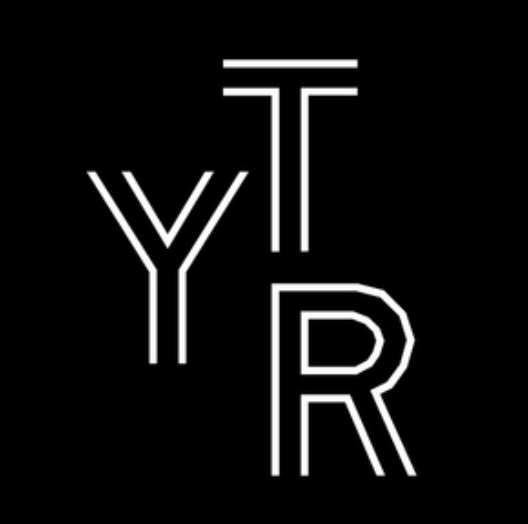
“Breathing Exercise” in The Yale Review by Raven Leilani
This story of a young artist in New York dealing simultaneously with professional rejection, shortness of breath, and a stalker kept me up at night after reading it—it’s so profoundly uneasy and sad. What the protagonist wants, the thing she (heartbreakingly) can’t have, is to live “beyond the body”—to make her art and to be free.

